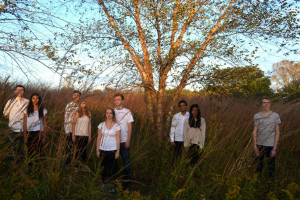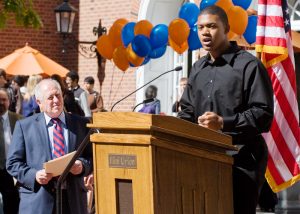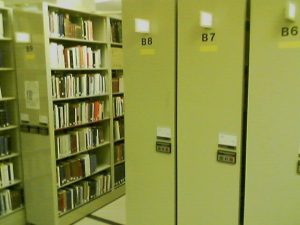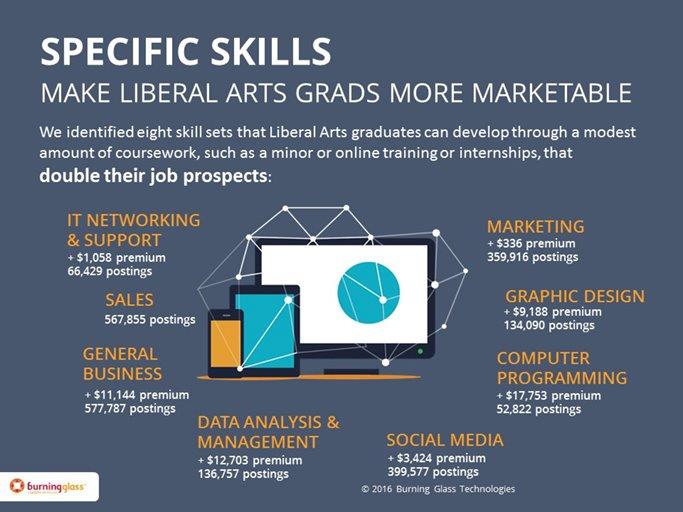Here are some things every English/CW major should do before graduation. To paraphrase Ferris Bueller, “Four years moves pretty fast. If you don’t stop and look around once in a while, you could miss it.”
- Take part in a tea ceremony at Japan House.

- Attempt something you’re not sure you can do.
- Experience a performance in each of the five indoor performance spaces at the Krannert Center for the Performing Arts. Student tickets are never more than $10.
- Get a bite to eat at one of the many food trucks on campus.

- View an exhibit at the Krannert Art Museum and in the Illini Union Art Gallery.
- Be part of the public life of the university by doing something on the Quad outside of Quad Day–a rally, a bake sale, a fundraiser, an informational table.
- Attend a live theater event–if not at Krannert, then at the Station Theater in Urbana, or a performance by one of our student groups like the What You Will Shakespeare Company or the Penny Dreadful Players.

- Go to an off-campus cultural festival (Pygmalion, Ebertfest, Boneyard Arts). Festival passes too expensive? They often need volunteers.

- Attend a live performance of a style of music you didn’t know existed before you came here.
- Make use of the Urbana Free Library or the Champaign Public Library. Both offer quiet study spaces, an escape from campus, performances and talks, and of course, books (particularly books that are unavailable in the university library system or bookstore or books that you just want to read for, you know, fun).
- See a movie in a language that you don’t know (and preferably one that’s not French, German, Japanese, Italian, or Spanish). There are lots of film series and screenings around campus to make this one easy!
- Cheer on the Illini at a college sports event. Not a college basketball/football fan? Check out a baseball or volleyball game or a club sport.
- Go to a live poetry or fiction reading.
- Put in an appearance at the office hours of EVERY professor you have, at least once. Seriously.
 Take in ANY movie at the glorious Virginia Theater in downtown Champaign or a good movie at the Art Theater. Note that, either way, your concessions help to fund an independent, non-profit endeavor, so think of that large buttered popcorn as a charitable donation.
Take in ANY movie at the glorious Virginia Theater in downtown Champaign or a good movie at the Art Theater. Note that, either way, your concessions help to fund an independent, non-profit endeavor, so think of that large buttered popcorn as a charitable donation.- “I had the feeling that the world was left behind, that we had got over the edge of it, and were outside man’s jurisdiction. I had never before looked up at the sky when there was not a familiar mountain ridge against it. But this was the complete dome of heaven, all there was of it….If we never arrived anywhere, it did not matter. Between that earth and that sky I felt erased, blotted ou
 t. I did not say my prayers that night: here, I felt, what would be would be.” That’s from Willa Cather’s My Antonia. Think “buildings,” not “familiar mountain ridge,” and get far enough out in the country to know what her narrator is talking about.
t. I did not say my prayers that night: here, I felt, what would be would be.” That’s from Willa Cather’s My Antonia. Think “buildings,” not “familiar mountain ridge,” and get far enough out in the country to know what her narrator is talking about. - Take a course on some off-the-wall subject that you knew NOTHING about beforehand.
- Write a letter to the editor of the Daily Illini, The Chicago Tribune, The New York Times, or your hometown paper, on an issue that matters
 to you
to you - Become friends with someone that you didn’t think you’d like.
- Go to an event at Allerton Park — or just spend an afternoon there.
- Put in a request for an early edition of your favorite work of classic literature in the Rare Book and Manuscript Library collection. You’ll get the four-star library experience as it’s brought to you in the glass reading room on a foam cushion with lead weights. The rules may look daunting, but keep in mind that they’re there to keep the books IN, not to keep students OUT.

- Develop a taste for a food you didn’t know existed before you came here.
- Change your mind about something important.
- Apply your English/CW skills to something nonacademic. Your job, your RSO, your volunteer activities, your personal relationships are all places you can use your gift for close reading, writing, analyzing a problem from different angles, giving/getting feedback, making a persuasive argument.

- Read a book that’s not on the syllabus
- Look at the night sky through the telescope in the U of Illinois Observatory.
- Have tea with the ESC!
- Brush up your resume, do a little research, and then talk to a recruiter at a campus career fair. The more you go to these events, the easier and more fruitful they get, and there are many to choose from!
 Spend some time in the stacks at the Main Library (yes, they’re open to undergraduates). Challenge completed when you’ve shifted five banks of movable shelving to get to the book you’re looking for.
Spend some time in the stacks at the Main Library (yes, they’re open to undergraduates). Challenge completed when you’ve shifted five banks of movable shelving to get to the book you’re looking for.- Attend a public lecture, reading, or panel discussion by one of your professors.

 This picture condenses a study from 2013, which you can read in its entirety
This picture condenses a study from 2013, which you can read in its entirety 
 popular demand, here are some of the sites that U of I English/CW majors have found helpful for landing jobs:
popular demand, here are some of the sites that U of I English/CW majors have found helpful for landing jobs: